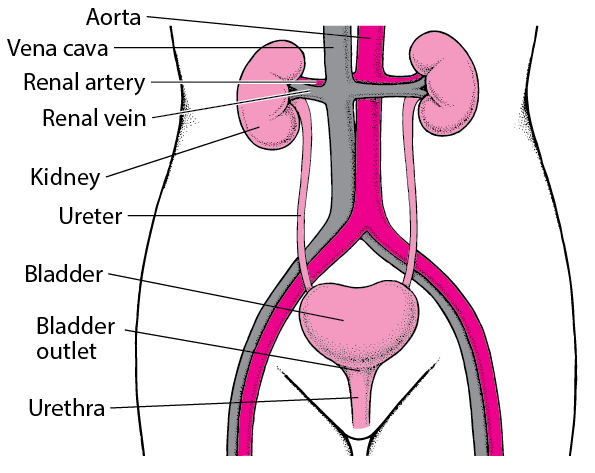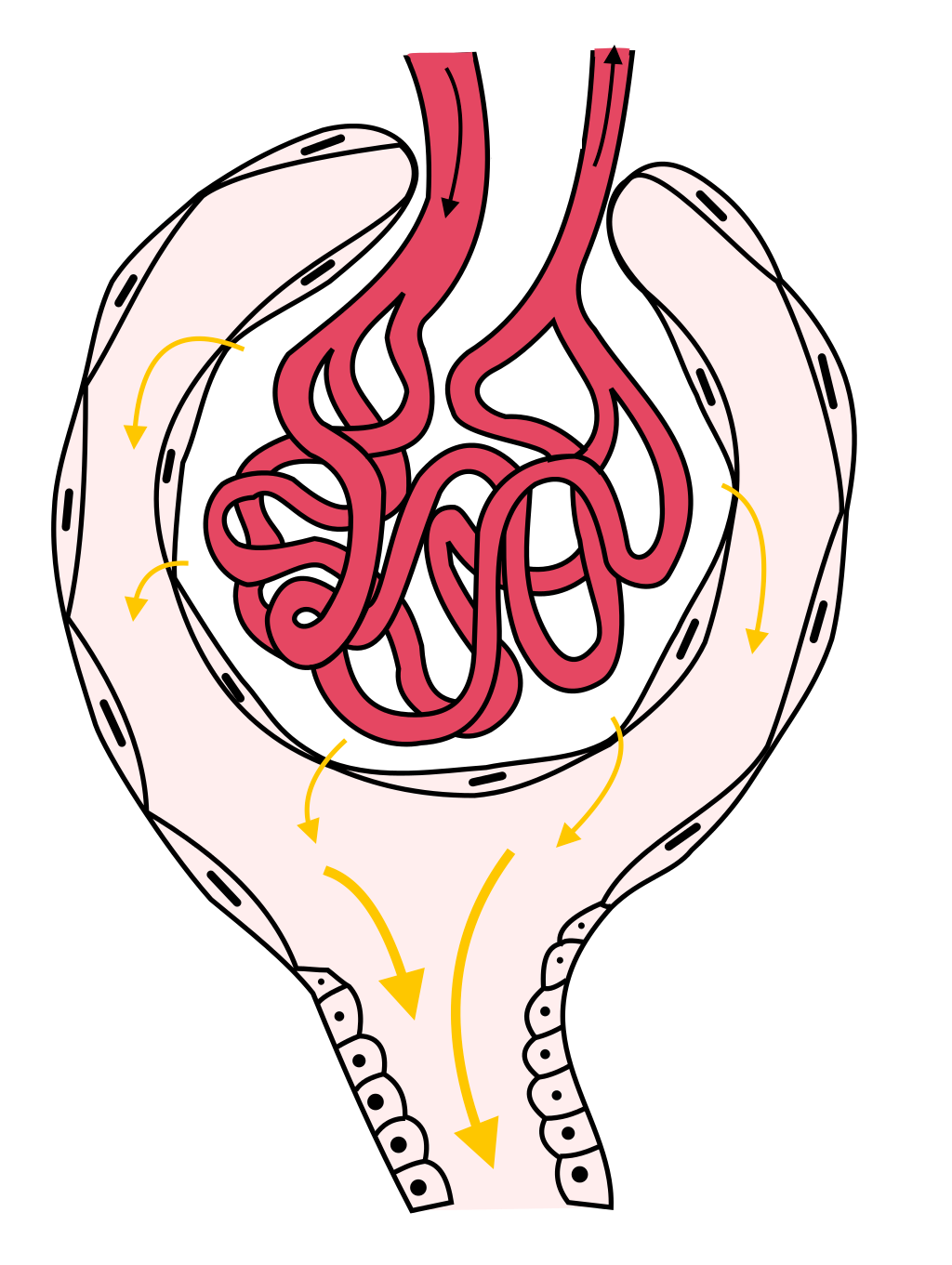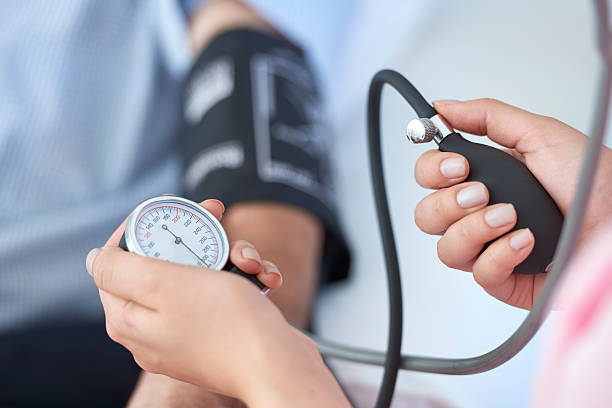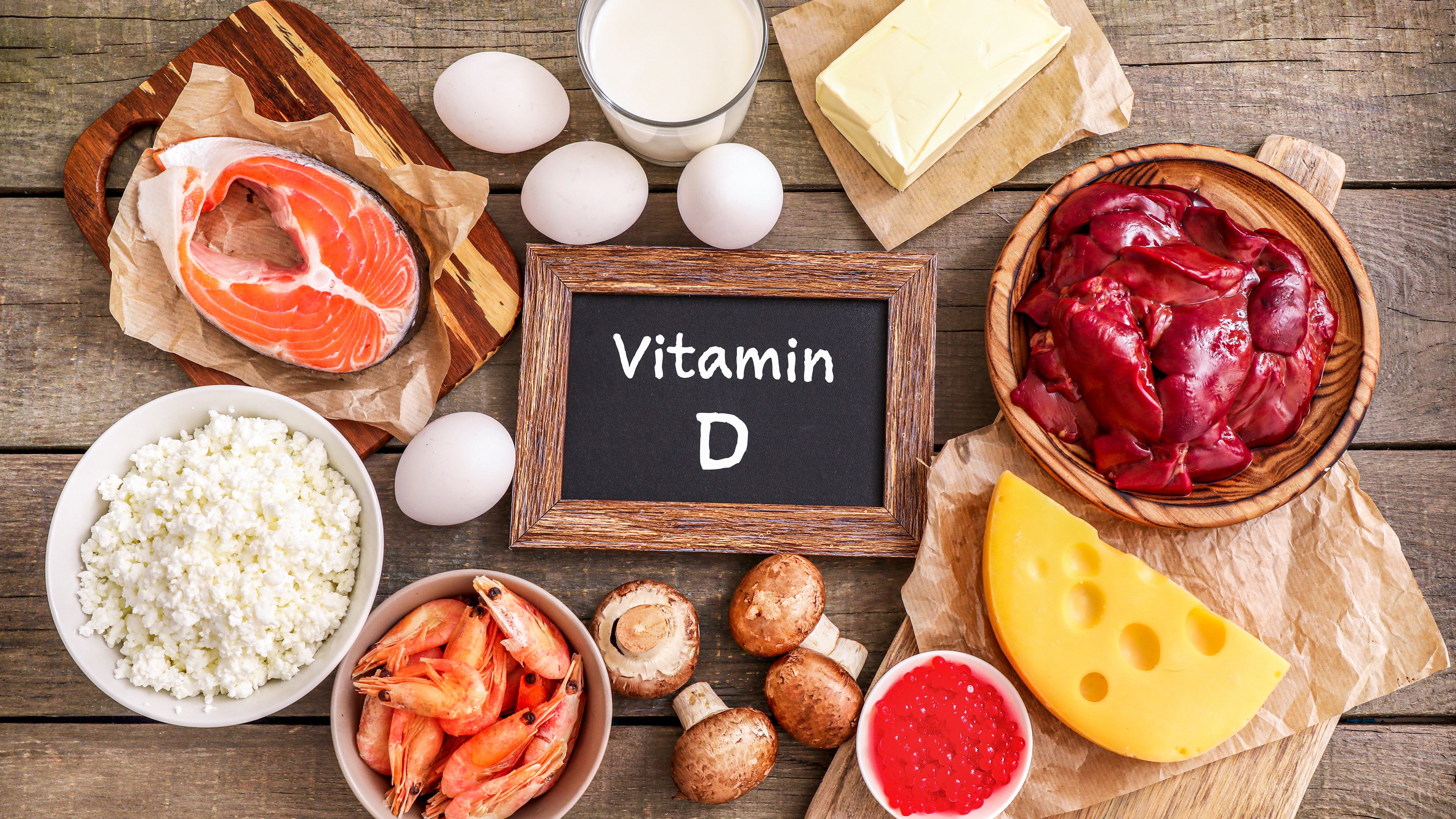What do the kidneys do? (7 functions)
Keep track of your kidney data with PKB
Not sure what the kidneys do? Do they just make urine? (no!). This article we will describe all 7 functions of the kidney – not just urine production.

Key Points
- The kidneys have 7 functions
- They do not just make urine. They are a control organ
- They have three excretory (removal) functions:
- Waste removal – including urea and creatinine
- Water and salt(s) removal – salts include sodium and potassium
- Acid removal.
- They have four metabolic (control) functions:
- Make renin – controls blood pressure
- Make erythropoietin (EPO) – stimulates red cell production in the blood
- Activates (strengthens) vitamin D – keeps bones healthy
- Make prostaglandins – complex actions.
To make you feel well, all 7 functions have to be working.
Introduction
Anyone travelling on a long motorway after 3 cups of coffee becomes aware of their kidneys very quickly. And besides getting rid of excess water, the kidney has other functions essential to life. In this way, the kidney is a control organ, not just a waste removal system. We will go through these functions later.
Before we describe what do the kidneys do, here are some basics first.
The Kidneys – a Basic Guide
Most people have two kidneys, which are organs shaped like kidney beans – about the size of your palm, 10-14 cms long (average 12 cm) – located either side of the spine, under the ribs.
However, it is possible to live a healthy and active life with only one functioning kidney. In fact 1 in 1000 people are born with one kidney and are fine. In rare instances people can be born with three kidneys, and likewise remain healthy. Click here to read more about the effects of living with one kidney.
The kidneys receive approximately 20-25% of cardiac output in adult human. This blood from the heart enters the kidneys through the renal artery (see below) and goes back into your body by the renal vein.
The urine flows from the kidneys to the bladder through two thin tubes called ureters, one on each side of your bladder. Your bladder stores urine. It then leaves your body when you have a wee. Your kidneys, ureters, and bladder (and prostate in a man) form your ‘urinary tract’.


Normal kidneys and urination
Each kidney weighs about 150 grams, and combined, they make 1.5-2 litres of urine per day (if you drink 2-2.5 litres). The bladder is quite small (300 mls, i.e. a can of coke). So if you pass 1.5 litres a day, you will need 5 wees.
To make that amount of urine, the two kidneys together filter about 170 litres of blood every 24 hours – yes, a staggering amount. When the kidneys are not working properly, harmful toxins and excess fluid builds up in the body, which eventually can cause the symptoms of kidney failure.
These can include high blood pressure, extreme tiredness, itching, swelling in the face and ankles, and shortness of breath. They usually occur when you have reached CKD4 or CKD5. These are the more severe stages of Chronic Kidney Disease.
What do the kidneys do?
The kidneys are vital life-sustaining organs, that keep the blood clean and chemically balanced. But they have some other functions, which we will now go through.
So, what are the seven main functions of the kidney? The kidney has 3 excretory functions (i.e. remove things) and 4 endocrine/metabolic functions (i.e. controls things). We will now go through them.
Excretory functions
1. Waste removal
After the body uses food for energy and self-repair, the waste is sent to the blood. The most common waste products are called urea and creatinine. But there are many other substances that need to be eliminated. The kidneys act as very efficient filters for ridding the body of waste and toxic substances, and returning vitamins, amino acids, glucose, hormones and other vital substances into the bloodstream.
The kidneys receive a high blood flow (25% of the blood from the heart) and this is filtered by very specialised tiny sieves called glomeruli. The entire organ is not one big filter. There are about 1 million filters (called glomeruli) in each kidney, mainly in the outer area (cortex) of the kidney:

The fluid that is filtered is then adjusted by a complex series of urine-disposing tubes called tubules. These are mainly in the inner area (medulla) of the kidney (see above as well). It is a sort of post-filtering adjustment to make things just right. In this way, substances necessary for the good functioning of the body are retained, and those that are not needed are removed.
All of this is vital to make the body function efficiently.
2. Water and salt(s) removal
Water and salts come from the food and drink we eat. The kidneys adapt to one’s hydration (and salt) level. When you drink a lot, the kidneys produce more urine; and the opposite happens when you are dehydrated. ‘Salts’ include minerals such as sodium and potassium, which are also called ‘electrolytes’. They are necessary but their input and output have to be carefully controlled by the kidneys. Why?
All the cells in the body are surrounded (bathed) by a fluid called ‘extracellular fluid (ECF)’. For the cells of the body to work properly, the extracellular fluid needs to have a stable composition of fluid (mainly water) and salts (such as potassium and sodium). The kidneys are central to maintaining the correct balance, which is vital for the effective functioning of all the cells of the body. How it does this, is called ‘electrolyte balance’.
For example, the kidneys recognise the levels of fluid and salts in ECF, and through a series of messages: (1) vary what they get rid of; and, (2) tell the body how much fluid should be drunk. So, if a person does not drink enough, the body fluid become more concentrated; and, as a result, the kidneys excrete a more concentrated urine. If an excess of fluid is drunk, the body fluid become more diluted; and the kidneys excrete a more dilute urine, getting rid of the excess that has been taken in.
These mechanisms are very efficient. If the body is in a satisfactory ‘electrolyte balance’, approximately 80% of fluid ingested is excreted within an hour.
Salts are also maintained within very strict limits. If there is an excess of sodium (in sodium chloride, the salt we eat), the amount in the blood increases, and you will become thirsty and drink fluid.
The body also senses this increase in salt and water, and the kidney excretes the excess. As with sodium, if an excess of potassium is taken, it is excreted by the kidneys – ensuring that the amount in the body’s fluids remains within the correct limits.
3. Acid removal
Acid is a waste from the food we eat. The acids (and alkalis, ‘opposite’ of an acid) in the human body are in a state of delicate equilibrium reflected by a parameter known as pH. The normal pH of the blood is 7.35 to 7.45 (a lower number means more acid in blood). Acid is removed from the body by the kidneys filtering it into the urine. They also neutralise acid, by adding an alkali (called bicarbonate) into the urine.
Endocrine/metabolic functions
The kidneys secrete (add) or change four hormones (chemical messengers) in the blood. These actions are important for normal functioning of the body.
We will now go through them.
4. Makes renin (controls blood pressure)
Renin keeps the blood pressure normal. If blood pressure falls, renin is secreted by the kidneys to tighten small blood vessels all over the body, thereby increasing blood pressure.
If the kidneys aren’t functioning correctly, too much renin can be produced but not in all patients. So the exact role of renin in hypertension in CKD patients is unclear. Nonetheless renin may in some way contribute to increasing blood pressure. This is, in part, why many people with CKD have high blood pressure (hypertension).

5. Makes erythropoietin (EPO; stimulates blood production)
EPO is another hormone that is secreted by the kidney.
It acts on the bone marrow to increase the production of red blood cells. If kidney function decreases, less EPO is made and the number of red blood cells being produced falls, resulting in renal anaemia. This is why many people with advanced CKD (CKD4 and CKD5) have anaemia – a low blood count. This is shown by a low haemoglobin, or ‘Hb’. Many will need EPO injections to correct the anaemia.
:max_bytes(150000):strip_icc()/human-red-blood-cells-illustration-535642471-5772934d3df78cb62c78c4c3.jpg)
6. Activates (strengthens) vitamin D (keeps bones healthy)
Vitamin D is also essential for a number of bodily functions. In the normal diet, vitamin D exists in an inactive form, and needs to be altered by the kidney before it can act within the body. This ‘activated’ form of vitamin D is essential for calcium and phosphate balance, the normal structure of bones and for effective muscle function.
In people with impaired kidney function, there is often a low blood calcium, a high blood phosphate, and an inadequate amount of vitamin D. This can, in the long term (if untreated), result in softening of the bones (leading to pain, and eventually fractures) – this is called renal bone disease – and muscle weakness
Vitamin D can be given in the form of tablets.

7. Makes prostaglandins (complex actions)
There are many different types of prostaglandin present in the kidney. But perhaps the most well-known is prostaglandin E2 (PGE2). The kidney produces PGE2, which increases the blood supply to the filtering units (glomeruli) of the kidney.
This is why the painkillers called ‘NSAIDs’ (e.g. aspirin, ibuprofen and similar drugs) can cause AKI (acute kidney injury; rapid onset kidney failure); as they work by reducing the production of prostaglandins.
Normal function
If the kidneys are functioning normally, they will maintain the following tests and symptoms in the normal range. The kidney function that is reflected by the test or symptom is given in brackets.
Normal creatinine = 60-120 mcmol/L (waste removal)
Normal eGFR = 90-120 mls/min (45-60 mls/min for a single kidney). This number is derived from the creatinine, and goes down as creatinine goes up in CKD (waste removal)
Normal urea = 5-7 mmol/L (waste removal)
Normal sodium (Na, 135-145 mmol/L) (salts removal)
Normal potassium (3.5-5.3 mmol/L) (salts removal)
Normal bicarbonate = 22-28 mmol/L (acid removal)
Normal calcium = 2.2-2.6 mmol/L (bone health)
Normal phosphate = 0.8-1.4 mmol/L (bone health)
Normal PTH <5 pcmol/L (bone health)
Normal haemoglobin (‘Hb’) = 110-150 g/L in a woman, 130-170 g/L in a man (red cell production)
Normal blood pressure = 130/80 mmHg or less – though not a blood test, this is a key sign of kidney health.
Summary
We have described what do the kidneys, and the 7 functions of the kidney. Making urine, and waste removal, is only part of what they do. We hope you understand them more now.
Other resources
7 kidney functions (shorter article)
Functions of kidneys 1: waste removal
Functions of kidney 2: fluid balance (also affects blood pressure)
Functions of kidney 3: acid-base balance
Functions of kidneys 4: blood pressure control (makes renin)
Functions of kidneys 5: anaemia, blood cells and EPO (makes erythropoietin)
Functions of kidneys 6: vitamin D activation (activates cholecalciferol)
Functions of kidney 7: making prostaglandins.
https://www.youtube.com/watch?v=805VoHIIQCs&list=PL2Bhof3MVebzT8PhBXBHhZ5F9XKjRAt3J&index=3
Last Reviewed on 3 May 2024
